Photo Talks: Gracieux Baraka
Seeing the Art & Artist in Everyone & Everywhere
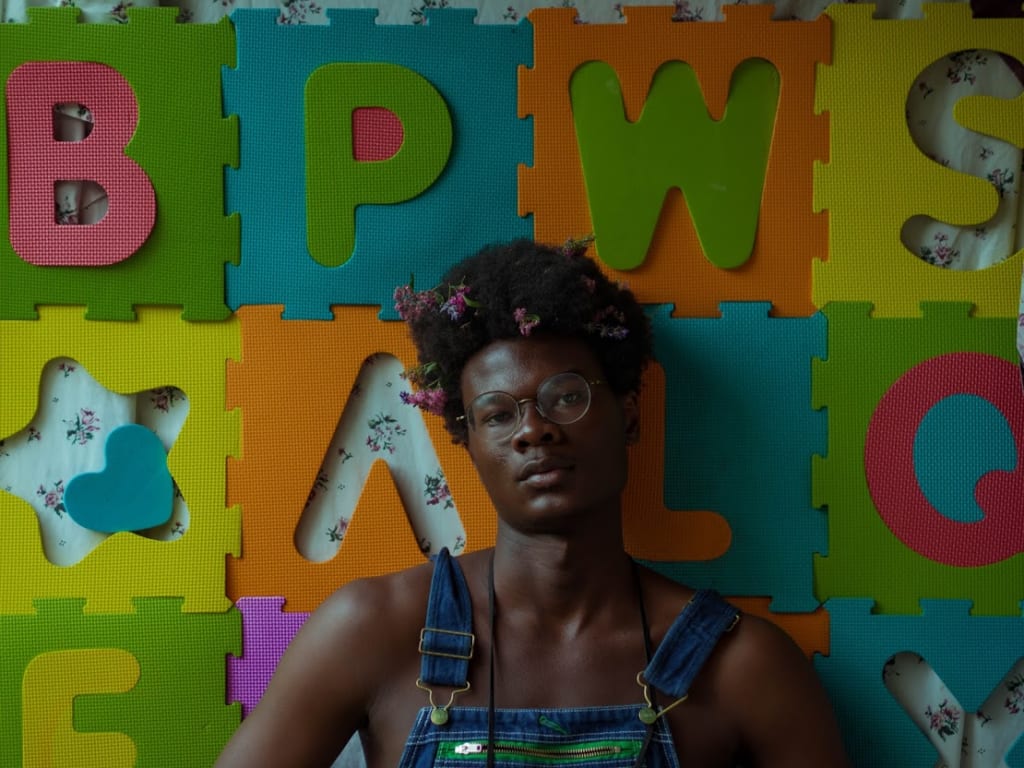
I got into portrait photography as a way to challenge myself and meet new people. Early on, I stumbled upon Baraka's portraits on Instagram. Little did I know that his friendship and artwork would change the way I look at art and the world.
In this post, I want to share some of Baraka's work, words, and ambitions. I've published "Photo Walks" articles to Vocal, and now I want to start another series entitled "Photo Talks." Starting off with Gracieux Baraka only feels right to me.
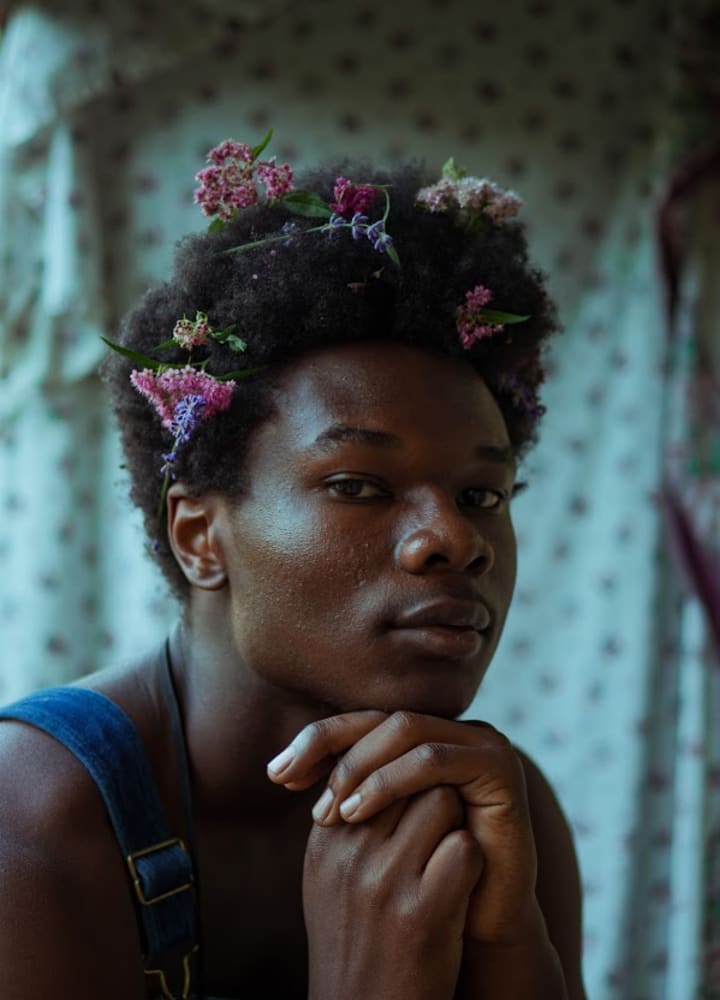
Baraka was born in Kenya. After waiting years in order to come to the United States, he and his family moved to Boise, Idaho in 2013. I remember him describing how their flight to America was his first time on an airplane, and in spite of the uncertainty ahead (and the uneasiness of being in a plane for so long) he mostly felt excitement.
That spark of excitement, at the end of years of patience, teaches me volumes about America and the blessings that I've taken for granted. The World--and the United States--needs more people like Baraka.
Baraka described his first summer in Boise as "fun and adventurous." He started high school that fall.
"In high school, I didn't really have a presence. I just did my thing and went back home. I feel like the spaces where I really occupied were outside of school. It was church, at first, and then the tight knit art community in Boise. I really started to feel like I had a voice in the space that I occupied, so I started taking pictures of my friends from school who had really nice style, and then slowly started meeting other photographers whose work I loved, and making art with them and their friends... It was such a domino effect."
Baraka's high school work amazed me. It often featured his friends, posing serenely under trees and neon signs, sometimes in parks, and other times in parking lots. You got the sense that he could take a beautiful portrait, anywhere.
As a new photographer, I was awestruck, and felt a little out of my league. But I sent Baraka an Instagram DM and we agreed to meet up for a joint photo shoot. We've since done what feels like countless photo shoot collaborations, and I still learn something from him every time, leaving feeling more inspired than ever.
Where I often rely on or incorporate elements of unique locations in my portraits, Baraka has a way of turning the most ordinary, mundane places into painting-like backdrops. (This next photo of our friend Monique was literally taken against a back wall of a gas station!)
His editing style could only really be called "dreamy," with muted tones, artfully added grain, and faded colors reminiscent of film. His use of light and soft bokeh renders each scene beautifully. Once, he even used oil on the outside of a zip-lock bag placed over his camera lens to soften and add a dream-like haze to his photos.
Since 2017, his style has changed a little bit--now also drawing inspiration from mediums like movie posters, baroque paintings, and noir films.
I'll let Baraka's own words describe this change, the intentions behind his work, and what's next for him.
Q: Throughout this evolution, would you say that your current style is more "true to yourself"?
A: I don't know that it's about becoming more true to myself, but I feel like the expression is more honest and bold and original. Although I wouldn't say that younger me had work to do in regards to being true to myself.
It's a natural thing to feel that you're more yourself now than you were a few years ago, even if you were being honest with yourself a few years ago.
It could have been any thing, any style. It's not that this style has honesty written into it, but it's honesty that drove me to accept that this is something I could try, or do. ...I really wanted something different. Something colorful... not grainy. Something that's a bit more bold.
Q: What do you want people to feel when they look at your work?
A: I think I want them to feel like they deserve to see nice things and to be part of the nice things that they see. I really want my art pieces to be spaces that people can live in and access. ... If it's good, if it's meaningful, it's yours.
As soon as I put out something, I'm basically sharing it infinitely. People can view a photo or watch a video over and over again every day. I really want people to come back to it any time, and [to know] that [they] deserve to be in that feeling and space.
Q. I don't know if "transition" is the right word, but you've recently made a sort of "progression" from photography into filmmaking. Tell me about that.
A: I think I've always wanted to make videos of some kind but never really felt like my videos were good. But it got to a point where there were projects that I couldn't really do in pictures. ... I was ready to see more than just an image. I was ready to see motion and progression. ... I was just ready to be challenged in that way and also to see what new ways I can express myself in that I couldn't have done before.
Movie productions have been so fun to shoot. I'm just usually stressed about not getting the right thing sometimes, but when I'm in it, when I'm present, it's always so fun.
In 2019, Baraka kindly invited me to help him on set for his latest film at the time, The Little Death. I really just helped run the camera in the scenes where he was acting in frame. He was careful and meticulous, but also managed an air of being carefree and spontaneous. I knew that the scenes he was filming were beautiful, but nothing could have prepared me for the final result. When it was all put together, masterfully color graded, and set to music, the entire piece glowed. It exceeded every expectation I had. It really is an absolutely beautiful visual feast.
Q: What do you think about The Little Death now?
A: That was a moment. That was really a time that had to be there and then. It had to be what it was. A lot of times, I look at [my work] and see that I could've changed this, or could've changed that. I'm so happy that I've never had that feeling since putting this out. Now, I'm looking at it with so much love and gratitude and contentment. It's kind of rare for me. I just know there's something more than just art in that video to make me feel so full and so happy and good with it.
Watch The Little Death in all its beauty:
A few months after the film was released, I went with Baraka to a gallery at the Boise Art Museum featuring impressionist portraits. I don't recall the subject of the painting itself, let alone the title or artist, but as we stood behind the velvet ropes looking at a particular piece, he broke the silence in the gallery with a soft, drawn out "fuuuuuuuuck." It made me laugh at first, but I don't think I've ever heard that word be used so reverently. The admiration was there, and I could tell the piece resonated with him in a way that most people are closed off to.
Where I, at times, have occasionally been tempted to view my own photography as "content," and myself as a "content creator," Baraka's unwavering boldness in self-identifying as an artist inspires me. It's easy for me to see his films and his photos as works of art--painterly and expressive as they are. It's been a longer, harder process for me to come to see that artistic merit in my own work as well. His confidence in me and in my photography has helped me see my work as art, worth appreciating beyond the scrolling of an Instagram feed.
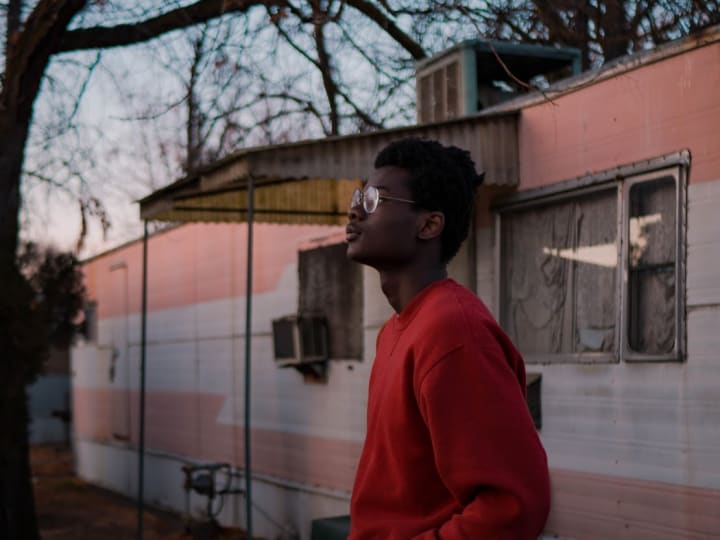
Q: What's been one of your most difficult obstacles?
A: I had to learn how to communicate clearly with humility, especially with people I work with. And also, making my second film was kind of painful, and I had to learn how to be nice to myself. I had to remember that, as seriously as I take it, if I'm not being nice to myself... it's not worth it.
These are things I learned the hard way sometimes, and it was kind of discouraging. But all the lessons that I've learned have helped the next project. It all just gets better with time. I'm still learning and lessons are coming every time I open the books. The "next time" is always with a new heart and a new approach that I'm always grateful for in the next project. It's just turning the page. All the sudden you realize, "Oh wow, I'm so much nicer to myself than I used to be," or "Wow, I'm communicating myself well to my collaborators."
Q: What are some of your current hopes and aspirations?
A: My hope is to have an art festival, that is centered around black people and queer people and marginalized groups first, and that looks different from all the other art festivals around here. I want it centered around food, making sure everyone's eating, that everyone feels safe and accommodated. Making sure that everyone enjoys themselves in one way or another... Just a space for people to hang out and meet people that like the stuff that they like... or something different! And just connecting with that. So that's my dream. To make that happen and be a part of that. Even if that's just doing it in smaller ways right now.
"One day," he muses, after painting this serene image of his dream. He then quickly corrects himself. "Not 'one' day. A LOT of days." This art festival won't be a one-time thing.
The safety, warmth, and inclusion Baraka aims to share with others in this art festival are surely themes of his visual work, too. His scenes are inviting and expressive. They even seem to convey a sense of holiness. He has a way of really listening when you're with him, and shooting with him, that makes you feel important, valuable, and beautiful. He sees the art and artist in everyone, and helps them see it, too.
Baraka continues to inspire and motivate me, and all who know him. I audibly gasp every time I see his latest work on Instagram. He is currently working on another video piece, set to be filmed in May, and I couldn't be more excited.
I'm thankful for Baraka's work and his friendship. It's a privilege to know him, work with him, and to now share his art with you. I hope you'll follow along and become as inspired by him as I have been.
Follow Baraka
- On Instagram @cognitivadissonantia
- On Twitter @gracieuxbaraka
If you'd like to further support Baraka, you can purchase shirts he has designed or donate directly to his Cash.App.
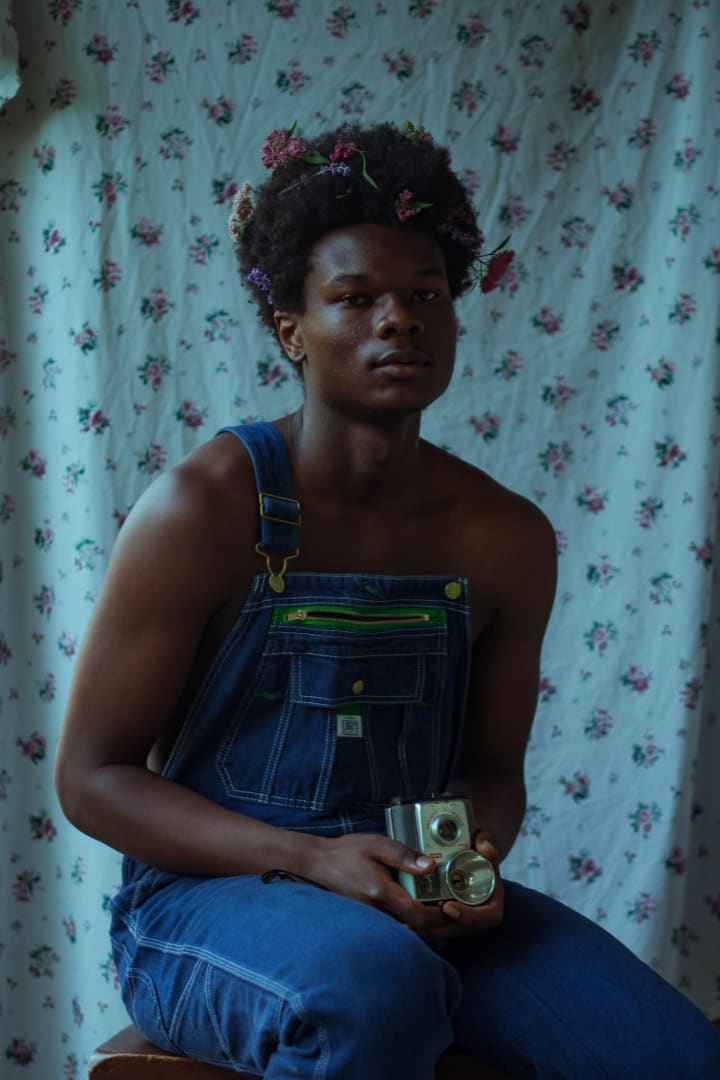
About the Creator
Oliver Dahl
Oliver Dahl is a published author and photographer from Boise, Idaho.
He currently studies marketing at Brigham Young University.
Website: www.oliverdahl.com
Instagram: @OliverWDahl

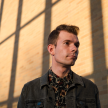





Comments
There are no comments for this story
Be the first to respond and start the conversation.